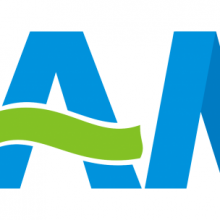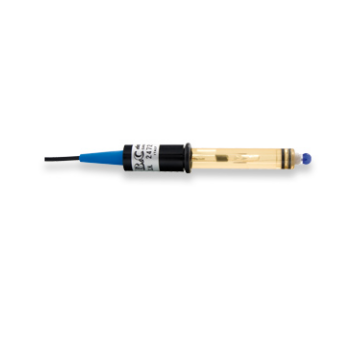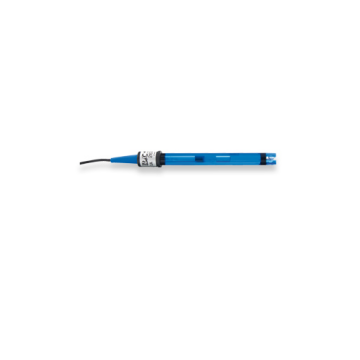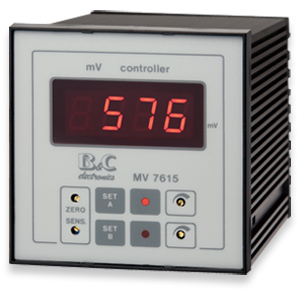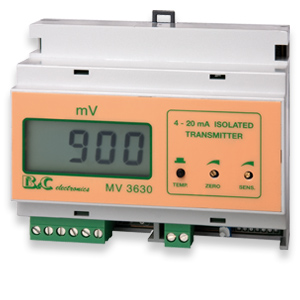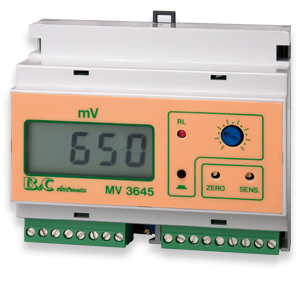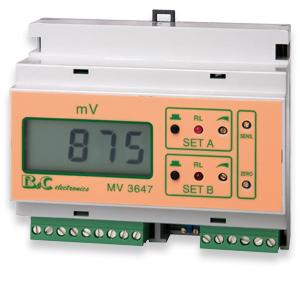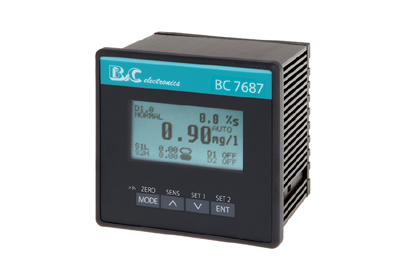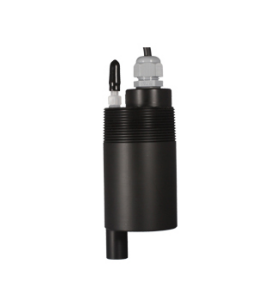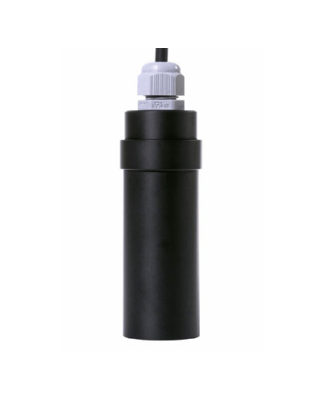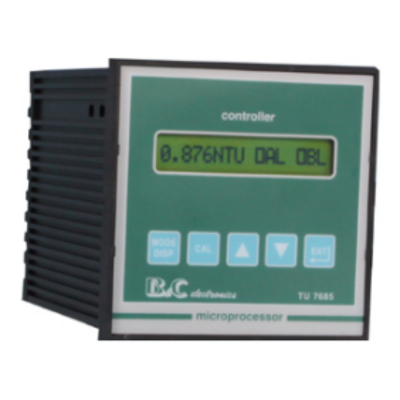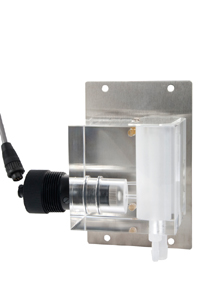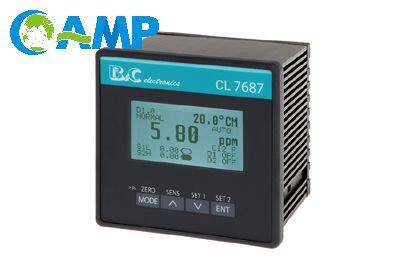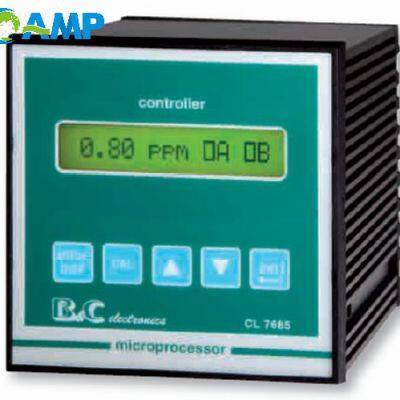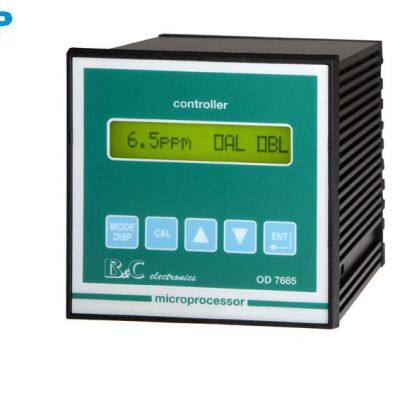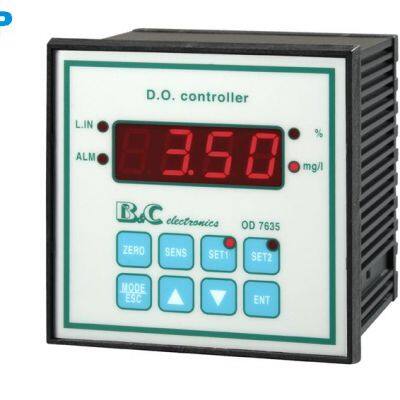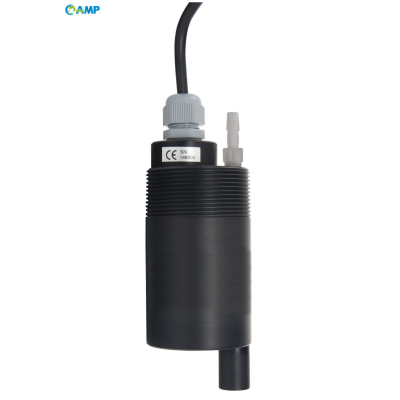Choosing the Best Flow Sensor for Water Applications: A Comprehensive Guide
Water flow measurement in the sector of water management is crucial for many industries. In municipal water supply systems, industrial processes, and even residential purposes, it is imperative to know the flow of water to use this precious resource efficiently and to price it accordingly. The greater precision in measuring the flow of water will bring about a very optimal use of that resource basically to pinpoint other works such as application of leakages or inefficiencies. In this case, flow sensors and flow meters are applied to provide precise data which support decision-making and give assurance to the integrity of the system.
Introduction
A flow sensor for water is a device that measures the flow rate or quantity of water moving through a pipe or system. These sensors can be used in various applications, including irrigation systems, water treatment facilities, and residential plumbing. The best flow sensor for water depends on factors such as the specific application, required accuracy, flow range, and installation environment.
Importance of Accurate Measurement of Water Flow
The importance of precise water flow measurement cannot be emphasized enough. Casting upon a water distribution system accurate measurements need to be established in order to ascertain that water usage is effectively monitored and controlled. Preventing wastage and reduction of costs of extra water usage require accurate flow measurements. This is very much relevant in industrial settings where flow rates have to be measured correctly for the process to run efficiently, while in residential settings, accurate water flow measurements help in detection of leaks thereby preventing loss of water and damages to property.
Overview of Flow Sensors
Flow sensors act as components used to measure the flow of water and other liquids in the prevention of damage to structures or occasional maintenance. These devices are intended to assess the flow rate, which is an important parameter for a wide range of applications-from limiting water usage to guaranteeing water quality. Each different kind of flow meter offers unique advantages suited to its application requirements.
Key Factors to Consider When Choosing a Flow Sensor
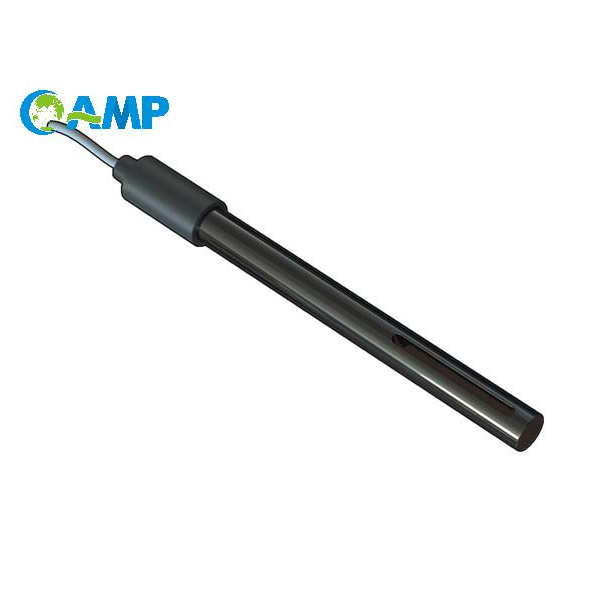
Accuracy and Reliability
When deciding on the correct flow sensor for a water application, accuracy and reliability become one of the prime requirements. Accurate flow measurements are crucial for precise monitoring of water usage, which is equally important at the industrial and domestic level. Flow meters provide information about the flow rate with great accuracy so that systems run efficiently while preventing any wastage of resources.
Compatibility with Water Types
When selecting a flow sensor, compatibility with different types of water is an issue considered. Water flow sensors should be able to deal with all sorts of water, be it clean, dirty, or corrosive. Selecting a water flow meter congruent to the specific type of water being measured ensures the best working of the instrument and good life span.
Installation Type: Invasive vs. Non-invasive
Installation is a very important factor that affects application suitability of flow sensors because the different types of installation can be either invasive or non-invasive. Non-invasive ultrasonic flow meters are preferred in those applications where pipeline integrity is crucial since they gauge the system flow without any contact with the liquid. On the other hand, insertion-type mechanical flow meters and turbine flow meters may prove to be a more cost-effective alternative in setup arrangements where invasive options are allowable. One needs to understand the installation requirements very well when deciding on a suitable flow meter for the application in question.
Maintenance Requirements and Durability
Because maintenance and durability are critical factors when choosing a flow sensor, the less maintenance required for a particular sensor, the more durable it will be. Such flow sensors usually are vortex and electromagnetic flow meters. A regular calibration and cleaning operation maintain the accuracy of flow measurement, and a well-durable flow meter can reduce how often such work is performed. Through maintenance and durability evaluations of different flow meters, the user can be guided to procure a sensor that will be reliable and efficient relative to its working life.
Popular Types of Water Flow Sensors
Ultrasonic Flow Meters
Ultrasonic flow meters are basically known for being non-invasive and measuring flow rates with very high accuracy. The devices use some sound waves, while sometimes inducing velocity in the flow of some liquid through a pipe, thus making it an application where pipeline integrity is paramount. Ultrasonic flow meters work better in situations that involve a clean liquid and installations under limited flow disturbances. By calculating the transit time of ultrasonic signals between two sensors, these flow meters give accurate measurements while not coming into contact with the liquid in any way, which assures less maintenance and reliability in the long-term.
Vortex Flow Meters
Vortex flow meters operate on the concept of periodic vortex formation downstream of an obstruction in the flow path. They are very effective in measuring flow rates of liquids, gases, and steam. Since there are no moving parts in vortex flow meters, the maintenance issues involved are largely eliminated, thereby increasing their longevity in industrial applications. Furthermore, they are versatile in handling a broad range of flow rates and fluid types-from clean to contaminated water. In fact, vortex flow meters are a very reliable and accurate method for measuring flows in a more stringent environment.
Smart Flow Sensors
In fact, smart flow sensors embody the integration of high technology into water management systems. Such sensors are meant to offer data analytics and real-time information that can be vital in detecting leaks and ensuring the best use of water resources. For example, the Sedna flow sensor demonstrates that smart technology can provide precise measurements and integrate with smart home systems to augment water management. These smart flow sensors measure the flow rate, thus creating opportunities and enhancements for predictive maintenance and system optimization. Through their ability to communicate with other devices, the smart sensors become a must-have for modern residential and commercial water management solutions.
Top Recommendations for Specific Applications
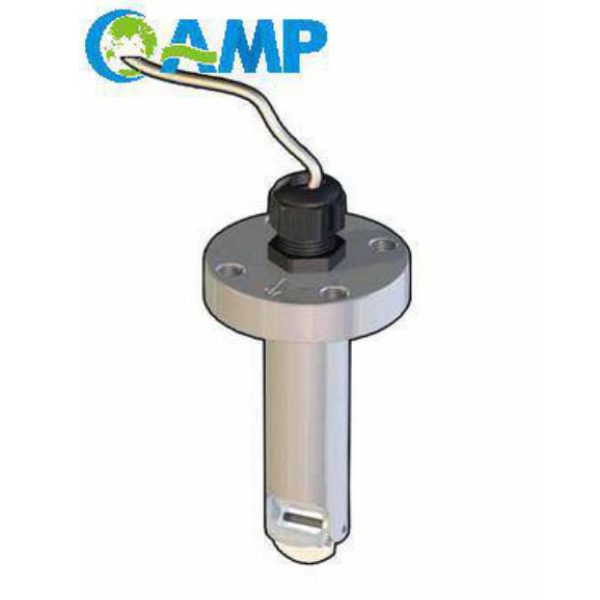
Industrial Application
A high degree of precision and reliability is necessary in industrial processes for measuring flow rates. Since these instruments can give accurate measurements with no invasion, ultrasonic flowmeters are the best recommendation for such use. The industries in which even a slight tampering with pipeline integrity can cause serious problems are of importance to chemical industries or water treatment plants. Thus, the ultrasonic flowmeter can measure flow rate without even touching the liquid; therefore, any kind of measurement activity cannot interfere with system operation. Thus, they are highly accurate and require very little maintenance, making them a good choice for industrial applications.
Residential Use
Under the category of residential applications, smart flow sensors are highly recommended when there is leakage detection or water usage monitoring. Homeowners think of these sensors as the perfect source of real-time data with regard to water consumption patterns. This way, they can pinpoint leaks almost immediately and work toward reducing water wastage. When smart flow sensors work synergistically with a home automation system, they allow for an enriched angle of monitoring and control for residents to better manage their water usage. Hence, smart flow sensors contribute to water conservation and also ensure that water is used efficiently and sustainably, thereby also bringing down utility bills.
Water Cooling Systems
It is essential to properly monitor flow rates within water cooling systems to ensure they work optimally and to avoid overheating. Thus, the flow sensor has become a mainstream instrument modeled around advanced monitoring capabilities and highest precision. The flow meter will provide the user with detailed understanding of flow rate, temperature, and even volumetric flow of the coolant, enabling the user to take fine control of the system or adjust its operation to suit. The High Flow NEXT from Aquacomputer is made to endure the rigors of a high-performance cooling system, which makes it the perfect candidate to ensure the efficiency and life span of water-cooling applications.
Maintenance and Best Practices
Regular Calibration and Cleaning
Calibration and cleaning of flow sensors on a regular basis are performed to maintain the accuracy of water flow measurement. Flow meters, either ultrasonic or vortex flow meters, should be calibrated periodically, so that their measurements retain accuracy. This test entails a comparison of the output from the sensor with a known standard, to see whether there is any deviation which will need correcting. Cleaning should be done more often with sensors that are used for low flows or hazardous or corrosive liquids, as by removing obstructions caused by debris or deposits, a user will ensure the correct functioning and life expectancy of the flow meter.
Checking for Wear and Tear
Wear and tear can affect water flow sensor performance. Different sorts of water and velocities flowing all over can cause wear and tear in components of flow meters, specifically in mechanical and turbine flow meters that contain moving parts. Periodical inspections can reveal signs of wear like corrosion or damage that may reduce the accuracy of the flow sensor. Prompt servicing or replacement of the sensor will maintain it at accurate flow measurement, allowing for efficient water management.
Tips for Prolonging the Life Expectancy of Flow Sensors
Proper installation and maintenance are integral in increasing the life expectancy of flow sensors. First of all, selecting the right type of flow meter in accordance with water quality and application will help in preserving it. For instance, corrosive or dirty water can be hazardous to certain types of flow meters, and electromagnetic flow meters are chosen specifically so that they are not damaged. As to installation, the guidelines set by manufacturers should be strictly adhered to so as to prevent undue stress on the sensor. Finally, regular maintenance activities, such as cleaning and calibrating, ensure continued good condition of the sensor. Higher-quality sensors combined with strict maintenance schedules surely provide enhanced durability and performance for flow meters.
Conclusion
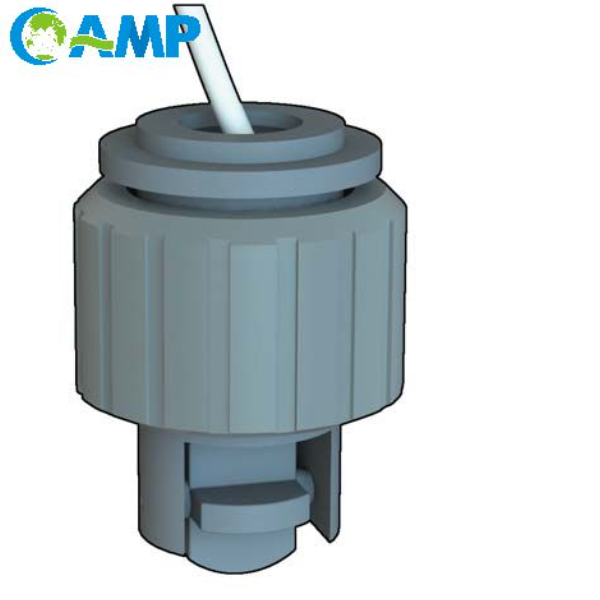
Flow Sensor Recap
Choosing the appropriate flow sensor is imperative to obtain accurate measurements of water flow and to efficiently manage resource distribution in different sectors. Flow meters have been made with specific goals and advantages in mind. For instance, an ultrasonic flow meter may have an advantage in an application over a vortex flow meter and vice versa. The suitability of a flow meter will consider many aspects, including its accuracy, type of water it will work on, maintenance requirement, etc. Choosing the sensor that meets all criteria precisely will ensure the water flow is monitored accurately for better efficiency and cost-effectiveness.
Encourage to Assess Particular Needs
Identifying the exact needs before purchasing the water flow meter is truly important in guaranteeing the appropriate performance and efficiency. Users must examine factors such as liquid type, expected flow rate, and environmental setup for installation. Understanding these parameters will help in deciding what sort of flow sensor is fit-for-purpose, whether it is a simple mechanical flow meter or an advanced smart flow sensor with real-time analytics. The better the requirements are assessed the better the decisions taken would be for good water management and for sustainable resource utilization.
Recently Posted
-
Understanding the Functions of Suction Valve and Discharge Valve in Pump Systems
December 18, 2025Industrial pump systems rely on precise mechanical coordination to transport fluids effectively. At the heart of this process are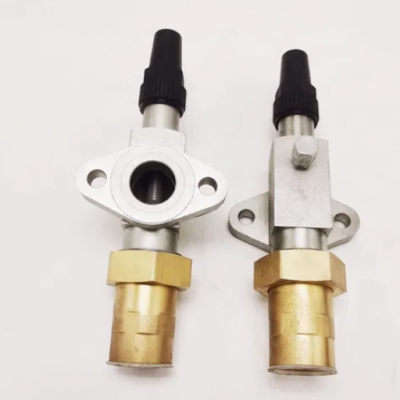 Read More
Read More -
Exploring Advanced Technologies in Air Compressor Discharge Valve Manufacturing
December 17, 2025The efficiency of any pneumatic system relies heavily on the performance of its smallest components. Among these, the air compress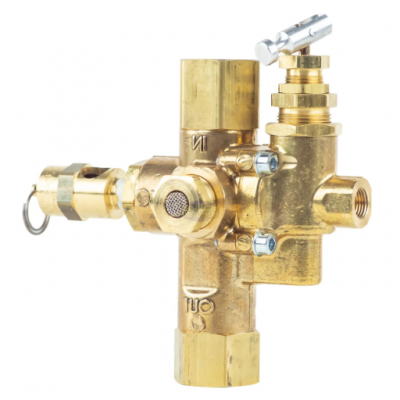 Read More
Read More -
Exploring Different Discharge Valve Types for Efficient Fluid Flow Management
December 16, 2025Industrial systems rely heavily on precision components to maintain safety, efficiency, and operational integrity. Among these com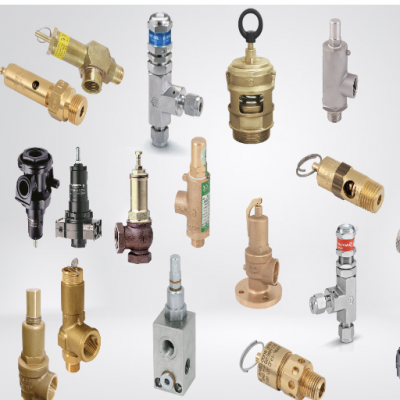 Read More
Read More -
How the Discharge Valve AC Affects Performance and Longevity of Cooling Systems
December 15, 2025The efficiency of any air conditioning system relies heavily on the precise coordination of its internal components. While the com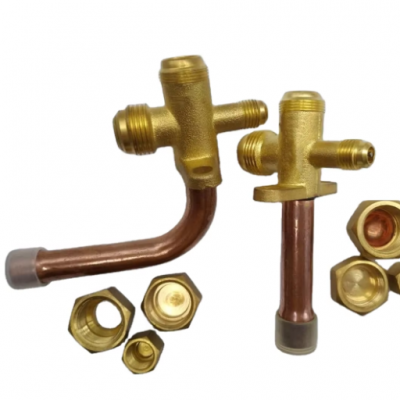 Read More
Read More

